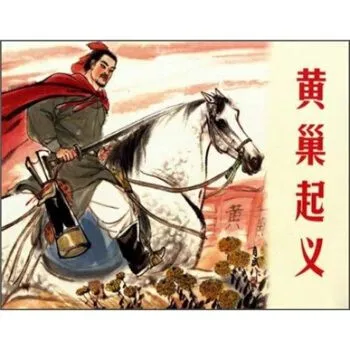In 881, Huang Chao led 600,000 rebels to occupy Chang'an, Kyoto, but there was no grain and grass to maintain the army, and the soldiers had to kill each other, seize food, and even eat human flesh. By 883, Huang Chaojun was going to kill 1,000 people a day for military food! The soldiers called the people who were eaten "two-legged beasts."
This is the most brutal form of resistance to famine in human history, and human flesh is processed and pickled like livestock.
This human tragedy lasted until the end of the year, until the Turkic Li Ke led his troops to attack, and the Huangchao army scattered. In 884, the young Emperor Tang returned to the capital, still a desolate scene.
In ancient times, natural disasters and man-made disasters always came one after another, and once natural disasters were encountered, the emperor's ministers did not provide relief in time, or did not have the ability to provide relief, then a large-scale peasant uprising was inevitable.
In the last years of the Tang Dynasty, the emperor was gradually emptied, the peasants in the famine had no help, and the warlords everywhere could not be left behind. The superposition of three factors has led to such a tragedy.
That's why China needs a unified, strong central government, because without a strong central system, the whole society will fail. #Tang Dynasty##History##黄巢起义 #
